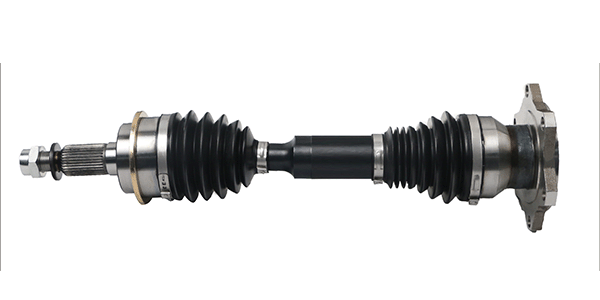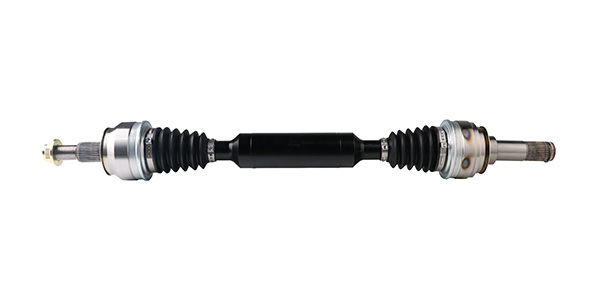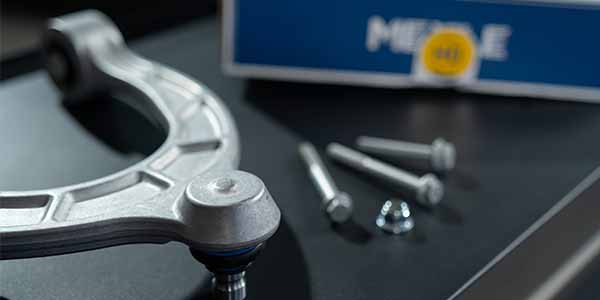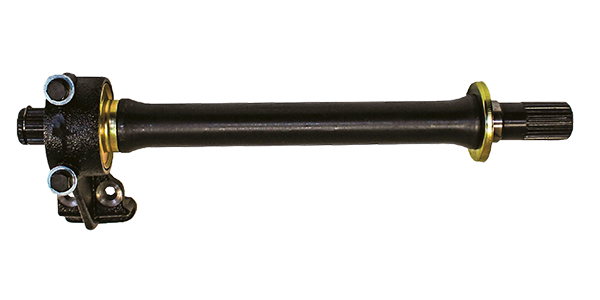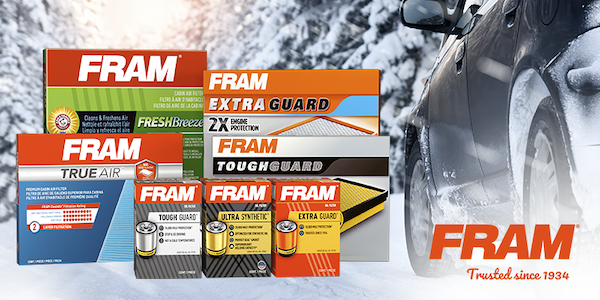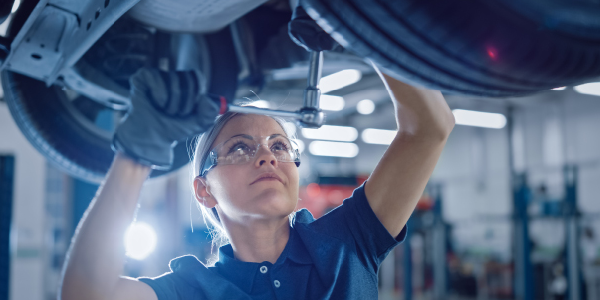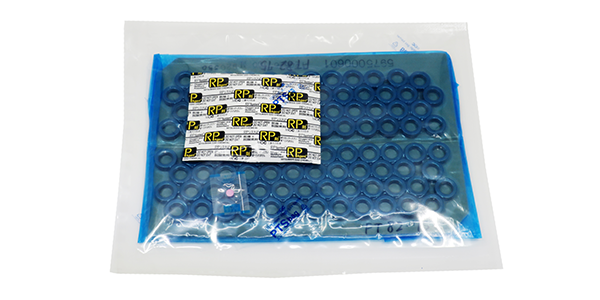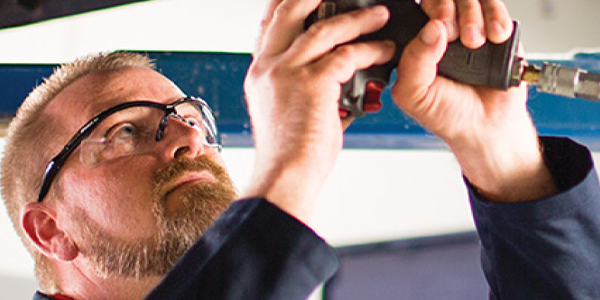
2038 seems far away, but it’ll be here before we know it. Technology is evolving – quickly – and it’s interesting to see how the advancements are already affecting the auto industry. It’s hard to predict what’ll happen in 20 years.
For performance shops, however, there are definitely some predictions that can be made based on current trends in the industry.
Customers Will Still Want to Stand Out
One thing that definitely won’t change? Consumer desire to have a unique vehicle packed with the latest and greatest upgrades. Performance upgrade options in the future may differ from what’s popular today, but there will always be someone looking to make their car better, faster, stronger, more custom, etc. Plus, automotive hobbies such as off-roading, drifting, rock-crawling, and drag racing aren’t going anywhere. Performance shops that cater to hobbyists will always have a place in the market.
So, What’s Going to Change?
Augmented Reality Will Help Customers Make Decisions
To ensure performance modifications are exactly what the customer wants, performance shops may invest in augmented reality technology. This would allow consumers to see exactly what their upgrades will look like on their specific vehicle.
If a customer is on the fence about the mods they want to make, augmented reality can help them make faster, more informed decisions.
More Variety in Powertrains
Future performance shops will have the opportunity to work on a mix of powertrains or specialize in a specific type.
It’s no secret electric vehicles, plug-in hybrid vehicles, and even fuel cell vehicles are gaining traction in the market and will likely continue to do so. Performance advances have made non-gasoline powered vehicles pretty appealing to tuners, which may lead to a future where gas engines are getting swapped with battery packs, electric motors, or fuel cells.
Of course, there will always be people who are “old school” and prefer to continue improving and/or modifying their gas or diesel powered vehicle.
The Bottom Line
The ‘need for speed’ is here to stay, and, as long as they’re willing to adapt, so are performance shops.
This article was sponsored by GMB North America, Inc. For more information, please visit our website at www.gmb.net





